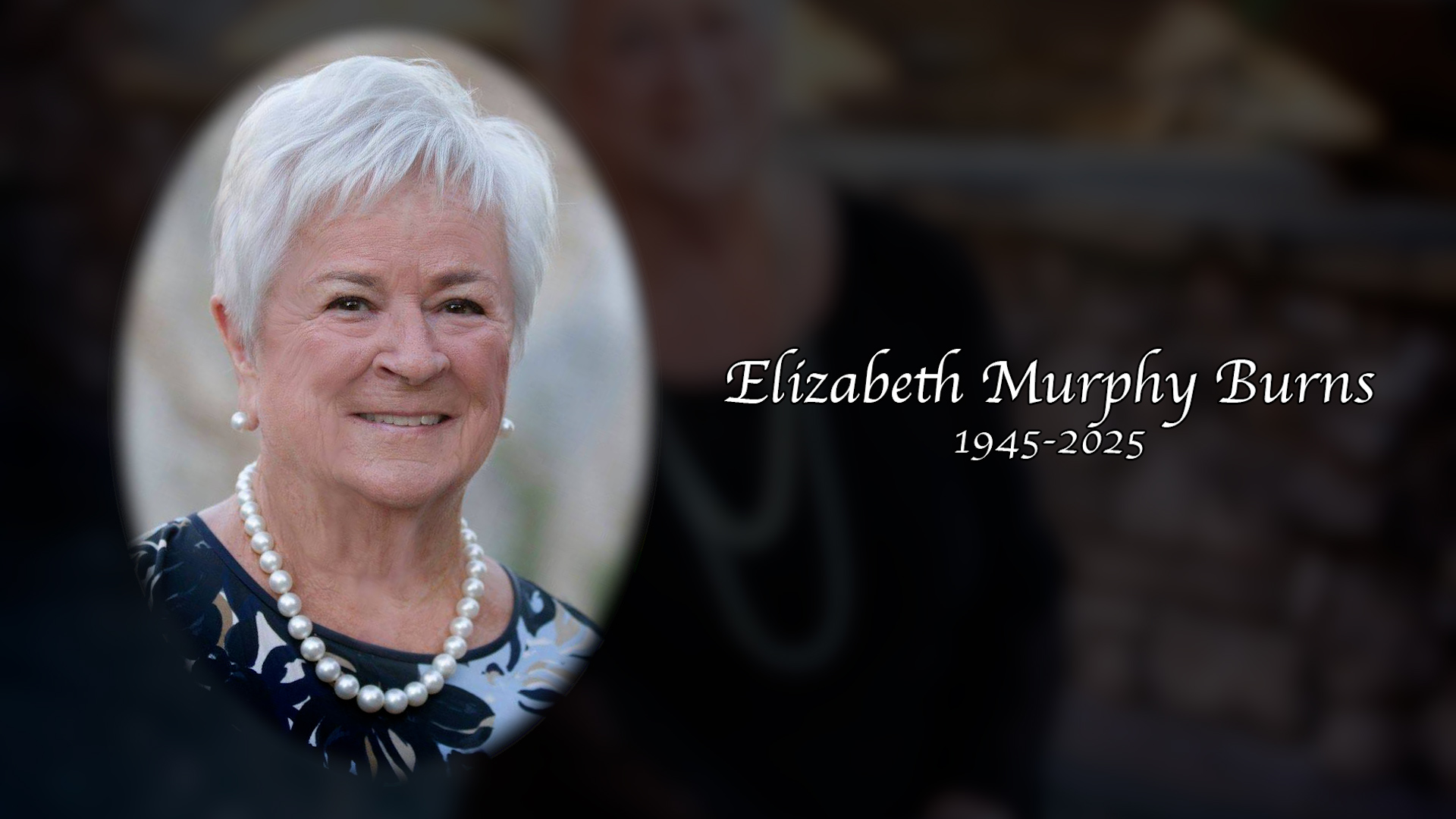2009 Goes to Oval Office
All that stands between now and the end of the nation's 50-year-old free TV system is a little bit of ink. The budget bill containing the Feb. 17, 2009 deadline to return analog TV spectrum to the government had been sent to the president's desk at press time. The House passed the bill (for the second time) on a 216-214 vote Wednesday. Joe Barton (R-Texas) pushed hard for a deadline bill since becoming chairman of the House Commerce Committee a year ago.
"We now have three years to prepare for the transition," he said in reference to the bill. "That is more than enough time for manufacturers and retailers to move low-cost digital televisions and converter boxes into the market, for the FCC to complete the channel allocation process, for broadcasters to finalize their digital facilities, and for government and industry to prepare consumers for the transition."
Barton originally put Dec. 31, 2006 on the table, but it was met with the full lobbying force of Eddie Fritts before he exited the NAB. The Texas Republican also turned up his nose at allocating money toward digital-to-analog converters, but Democrats on his committee wouldn't release a deadline bill without some form of subsidy. The final version contains up to $1.5 billion to subsidize the converters that would allow existing analog TVs to process digital over-the-air signals. Subsidies would be distributed in the form of up to two $40 coupons for households that ask for them; $5 million is designated to let consumers know they have to ask.
The bill also contains $1 billion for first-responder radio grants. The first-responder community was instrumental in Washington lobbying circles looking to establish a hard date for the return of analog television spectrum. Said circles included wireless service providers and other consumer electronics makers wanting to fill the spectrum with services that generate monthly fees. Their lobbies held a "DTV Legislation Victory Reception" to mark the passage of the bill, as if it couldn't be undone by future legislation.
First responders stand to gain 24 Mhz in the 700 band, which they ostensibly need to resolve comms problems -- at least that's how the situation was framed in the debate to pass a deadline bill. Testimony leading up to the bill indicated that interoperable radios were a bigger problem than lack of spectrum. The State of New York has nonetheless requested licenses for 700 MHz frequencies before the 2009 analog end date.
Other countries contemplating their own digital transitions are watching the United States. Passage of the 2009 legislation was well-covered in the United Kingdom, where the transition is expected to be completed by 2012. More than 60 percent of U.K. households already have digital TV, according to the BBC. Ofcom has estimated it will take around $1 billion to subsidize the remaining households. A DTV education campaign is set to begin across the country June 9, to take advantage of viewership leading up to the World Cup.
Get the TV Tech Newsletter
The professional video industry's #1 source for news, trends and product and tech information. Sign up below.
